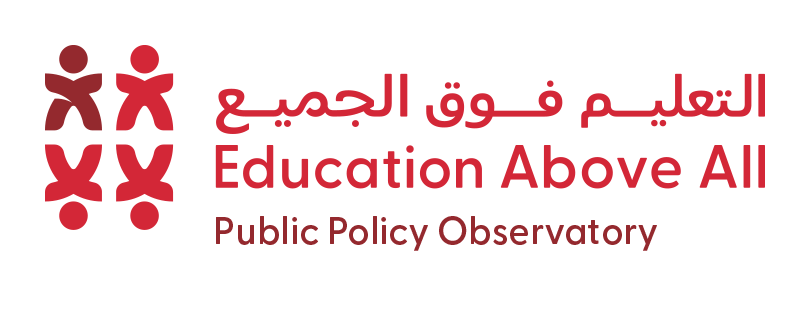Context and Issue
Reading and basic math skills are the foundation for gaining future educational opportunities. Too many children in low-income countries leave primary school without these basic skills, and their school systems rarely offer second chances to acquire them in higher grades. An estimated 7 in 10 children in low-income countries—and 9 in 10 children in sub-Saharan Africa—cannot read by age 10. Support for students in the early grades is critical to their ability to gain the many benefits of education
Solution
The program aims to strengthen the quality of education for children in the lower primary grades (typically grades 1 to 3), emphasizing identifying, advocating for, and funding evidence-driven, cost-effective, and scalable interventions that improve learning outcomes in public education systems.
Impact
In sub-Saharan Africa, we support the World Bank’s Accelerator Program to reduce “learning poverty”—the percentage of children who cannot read by age 10. The program helps countries identify targets, design interventions, and build capacity to make significant progress over the long term. We also work to strengthen the capacity of organizations to improve teaching, political economy analysis, and program management skills.













